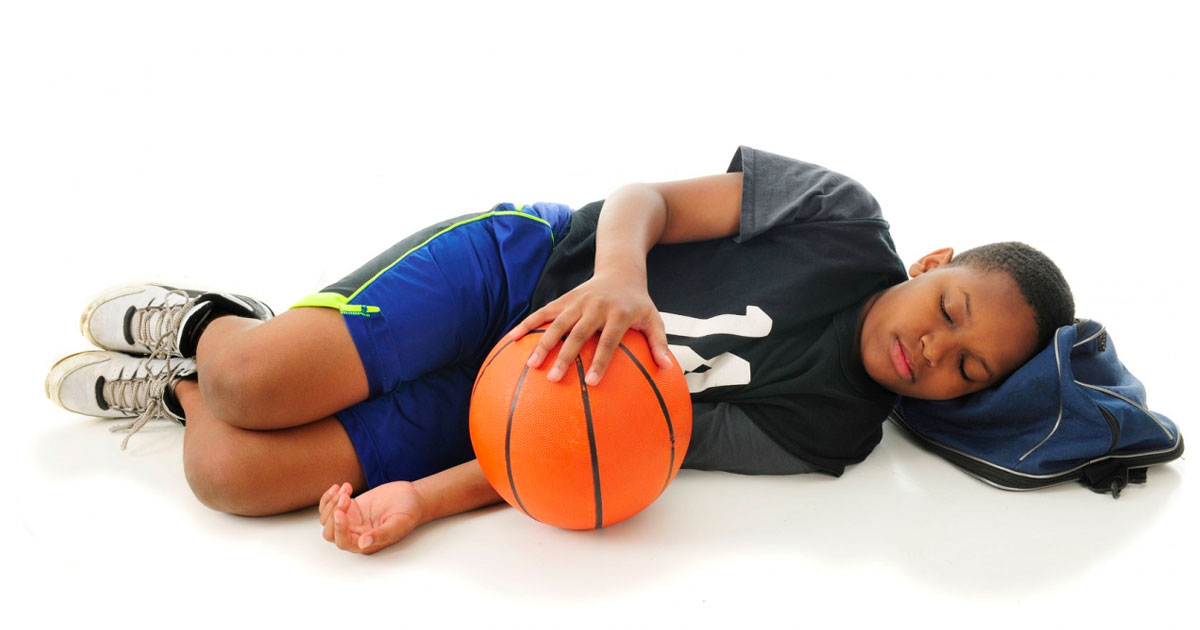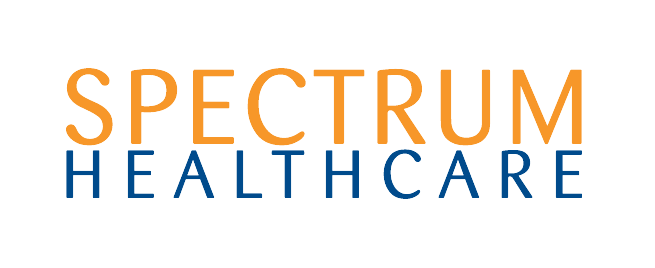
The role of sleep in injury recovery and performance
Sleep serves a critical physiological function, and is arguably the single most important factor in: injury recovery, training adaptation, neuro-cognition and optimum performance. In most athletic settings, sleep hygiene programs have been strongly over-looked despite their ability to aid recovery and improve performance.
Why is sleep important for injury recovery and performance?
Sleep is an essential body function. Most adults require 8-9 hours of sleep per night (Mukherjee, 2015). When compared to those receiving more than 8 hours sleep, getting less than 8 hours per night is associated with an increased injury risk of 1.7 times.
Loss of sleep can also result in a decreased amount of growth hormone being released into the body and reduced muscle protein synthesis, that is, the ability for skeletal muscles to adapt and repair. In addition, impaired sleep increases pro-inflammatory cytokines, which in turn further impedes muscle recovery and repair. (hack 2007). As such, sleep can have a critical impact on the body’s ability to adapt to training stimuli, and develop speed, endurance, strength and power (Fullagar 2014, Kilgore 2010).
Additionally, sleeping is essential for memory consolidation, reaction time, decision making and motor learning (Luke et al, 2011). All Sport requires a high level of motor learning, skill acquisition, cognition and memory to carry out tasks which influence performance. For example you need to be able to track the player and the ball in soccer, make fast decisions as to whom it may be going to next (Fullagar 2014, Kilgore 2010).
This is a crucial area in elite sports, where highly trained athletes are often considered similar regarding their physical ability but perhaps have differing degrees of high-level cognitive function. This highlights the pivotal role sleep plays in competition outcome.
What impedes our ability to sleep?
Travel
Studies have shown multiple athletes are regularly exposed to factors that directly affect sleep. In professional sport, which may be national or international, a large factor that impedes a athletes sleep schedule is competition-related travel. Travel has a significant role as jet lag has shown to result in compromised sleep, increased fatigue and deceased dynamism. Long haul flights are shown to have a great effect compared to shorter flights. (Thornton et al, 2018).
Late night training sessions
In high performance athletes late-night training session or night games are common. This has been shown to negatively affect sleep duration and quality in professional soccer players when compared to training days and day matches (Nedelec et al, 2015).
Screentime
Melatonin is a hormone (identify its a hormone early) paramount to the body as it regulates sleep (Nedelec et al, 2015). Secretion of melatonin increases drowsiness and facilitates restful sleep. This is produced at night time, and thus, bright and artificial lights may suppress the production of melatonin. Research has shown 79% of professional soccer players reported using smartphones, laptops and watching TV in bed have affected
sleeping patterns. These artificial blue light emitted from phone screens disrupt melatonin release cycles (Chang 2015).
Caffeine
Caffeine is commonly used supplement by athletes to enhance stamina, mental acuity and performance during games. This supplement also alters melatonin secretion, once again
affecting sleeping patterns (Fullagar et al. 2014).
How do we improve our sleep?
A lot of athletes are often forced to comply with strict travel and training schedules which may interfere with their body’s ability to obtain proper sleeping practices. As highlighted above, reducing sleep debt is important, thus, practitioners and coaches associated with athletes should be educating them on the power of sleep to assist them with their injury prevention/rehab and training goals. Once the athlete understands this, sleep hygiene strategies and sleep extensions are two main ways that can be implemented to reduce sleep debt.
Sleep hygiene protocols
Here are simple strategies recommended by Simpson et al (2016) for all athletes to optimise their sleep patterns;
- Encourage 7-9 hours per night and consider naps during the day if less than 7 hours of sleep per night
- Sleep in cool (but not cold), dark room
- Avoid using electronics or personal devices in the bedroom
- Limit technology use 1 hour before bed
- Reduce caffeine after lunch, and minimise alcohol at night
Athletes may not be able to adopt all sleep hygiene recommendations but it is important to attempt to integrate as many as possible to maximise this vital body function.
Sleeping extension
Sleeping extensions are when you deliberately sleep longer to make up for sleep debt. This has been demonstrated to improve the athlete's spirit, reaction times and an overall increase in their rating of their physical and mental well-being. Restoration of sleep in athletes has shown to improve sprint times, tennis serves accuracy (Van et al. 2017). Cortisol levels increase with lack of sleep, thus, allowing an individual to fall into a catabolic state. Many athletes, as a result, turn to illicit substances such as growth hormones and steroids to withstand and reverse this state. Sleep extension has a paramount role in mitigating the rise in cortisol and enhancing performance.
Poor sleep is associated with an increased incidence of fatigue-related injury, hormonal and metabolic disturbances. Moreover, sleep hygiene and sleep extension appears to impact positively on performance. We should be monitoring and educating all athletes, weekend warriors and sedentary office workers on their sleep behaviours and the ramifications of poor sleep.
References:
Chang AM, Aeschbach D, Duffy JF, Czeisler CA. Evening use of light-emitting eReaders negatively affects sleep, circadian timing, and next-morning alertness. Proceedings of the National Academy of Sciences. 2015 Jan 27;112(4):1232-7.
Crewther BT, Carruthers J, Kilduff LP, Sanctuary CE, Cook CJ. Temporal associations between individual changes in hormones, training motivation and physical performance in elite and non-elite trained men. Biology of sport. 2016 Sep;33(3):215.
Haack M, Sanchez E, Mullington JM. Elevated inflammatory markers in response to prolonged sleep restriction are associated with increased pain experience in healthy volunteers. Sleep. 2007 Sep 1;30(9):1145-52.
Killgore WD. Effects of sleep deprivation on cognition. InProgress in brain research 2010 Jan 1 (Vol. 185, pp. 105-129). Elsevier.
Luke A, Lazaro RM, Bergeron MF, Keyser L, Benjamin H, Brenner J, et al. Sports-related injuries in youth athletes: is overscheduling a risk factor? Clinical journal of sport medicine : official journal of the Canadian Academy of Sport Medicine. 2011 Jul;21(4): 307-14.
Milewski MD, Skaggs DL, Bishop GA, Pace JL, Ibrahim DA, Wren TA, Barzdukas A. Chronic lack of sleep is associated with increased sports injuries in adolescent athletes. Journal of Pediatric Orthopaedics. 2014 Mar 1;34(2):129-33.
Nedelec M, Halson S, Abaidia AE, Ahmaidi S, Dupont G. Stress, Sleep and Recovery in Elite Soccer: A Critical Review of the Literature. Sports medicine (Auckland, NZ). 2015 Oct;45(10):1387-400.
Fullagar HH, Duffield R, Skorski S, Coutts AJ, Julian R, Meyer T. Sleep and Recovery in Team Sport: Current Sleep-Related Issues Facing Professional Team-Sport Athletes. International journal of sports physiology and performance. 2015 Nov;10(8):950-7.
Fullagar HH, Skorski S, Duffield R, Julian R, Bartlett J, Meyer T. Impaired sleep and recovery after night matches in elite football players. Journal of sports sciences. 2016 Jul; 34(14):1333-9.
Fullagar HH, Skorski S, Duffield R, Hammes D, Coutts AJ, Meyer T. Sleep and athletic performance: the effects of sleep loss on exercise performance, and physiological and cognitive responses to exercise. Sports medicine (Auckland, NZ). 2015 Feb;45(2):161-86.
Simpson NS, Gibbs EL, Matheson GO. Optimizing sleep to maximize performance: implications and recommendations for elite athletes. Scandinavian journal of medicine & science in sports. 2016 Jul 1.
Thornton HR, Miller J, Taylor L, Sargent C, Lastella M, Fowler PM. Impact of shortcompared to long-haul international travel on the sleep and wellbeing of national wheelchair basketball athletes. Journal of sports sciences. 2018 Jul 3;36(13):1476-84.
Van Ryswyk E, Weeks R, Bandick L, O’Keefe M, Vakulin A, Catcheside P, Barger L, Potter A, Poulos N, Wallace J, Antic NA. A novel sleep optimisation programme to improve athletes’ well-being and performance. European journal of sport science. 2017 Feb 7;17(2):144-51.
